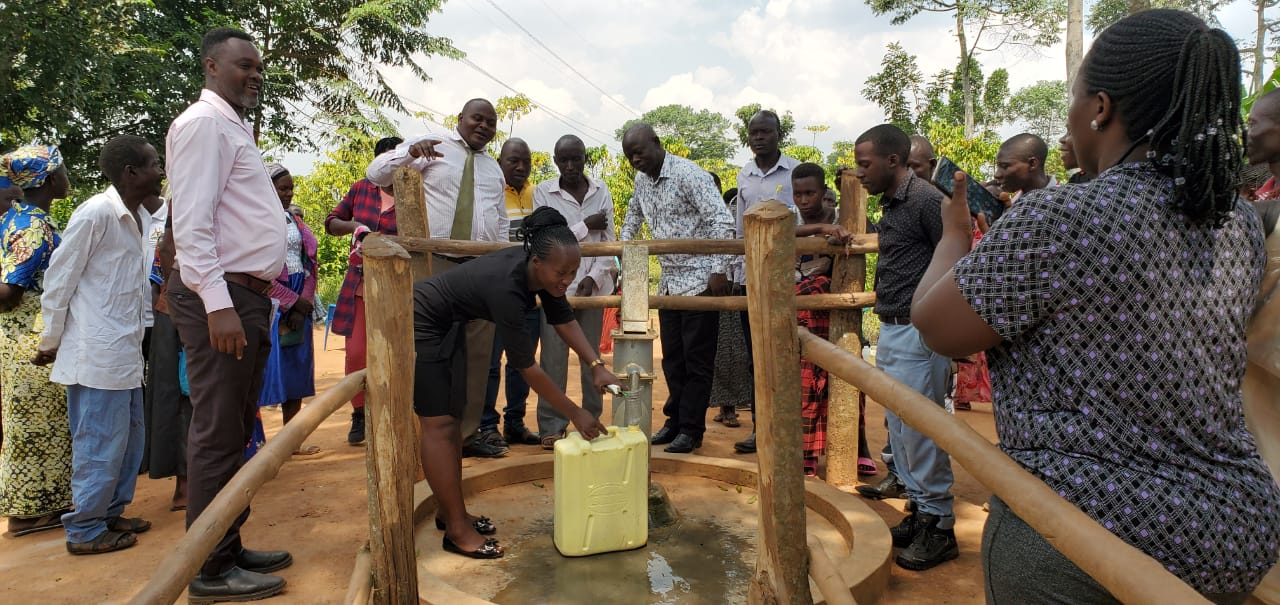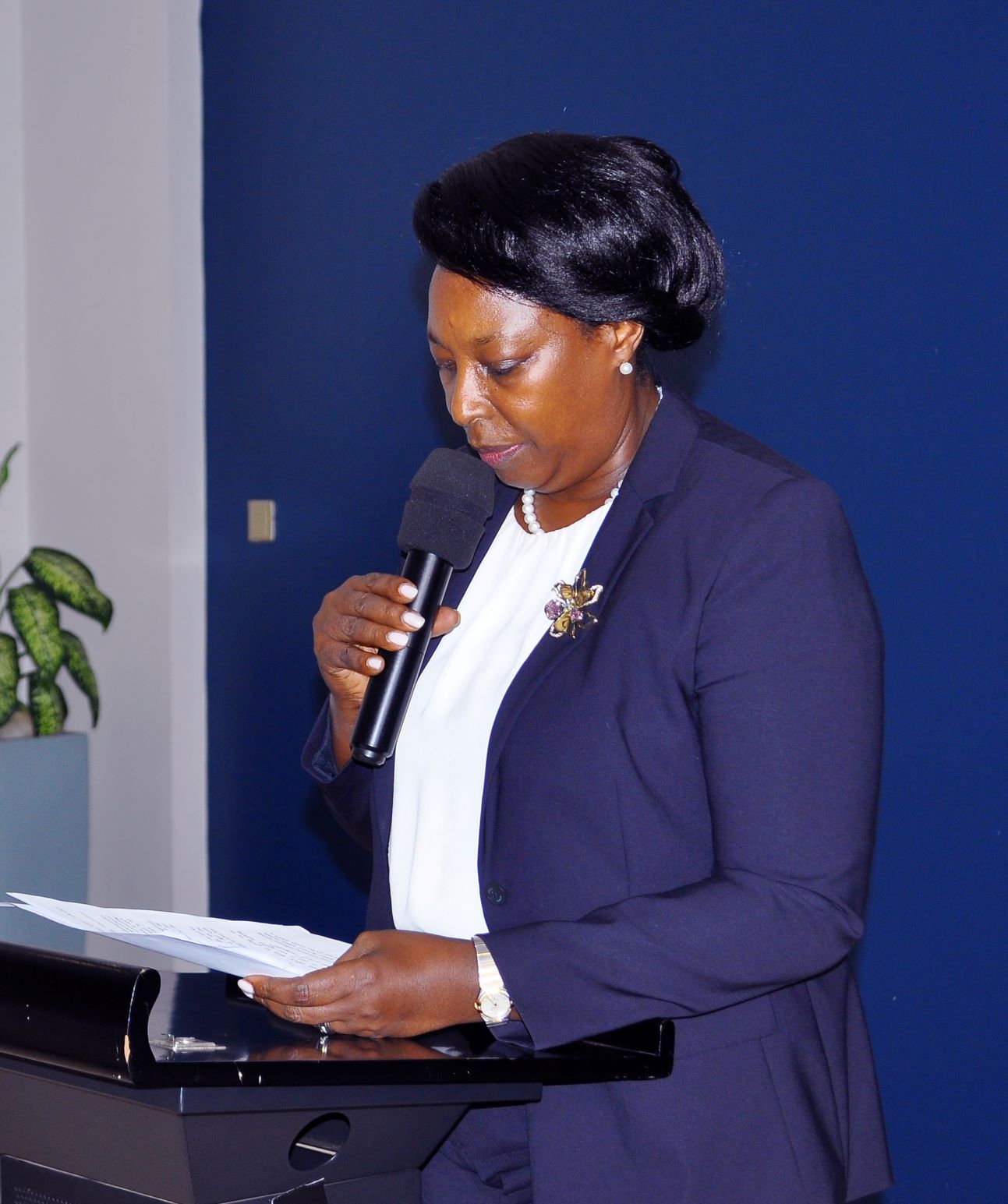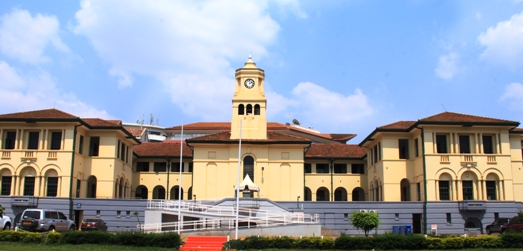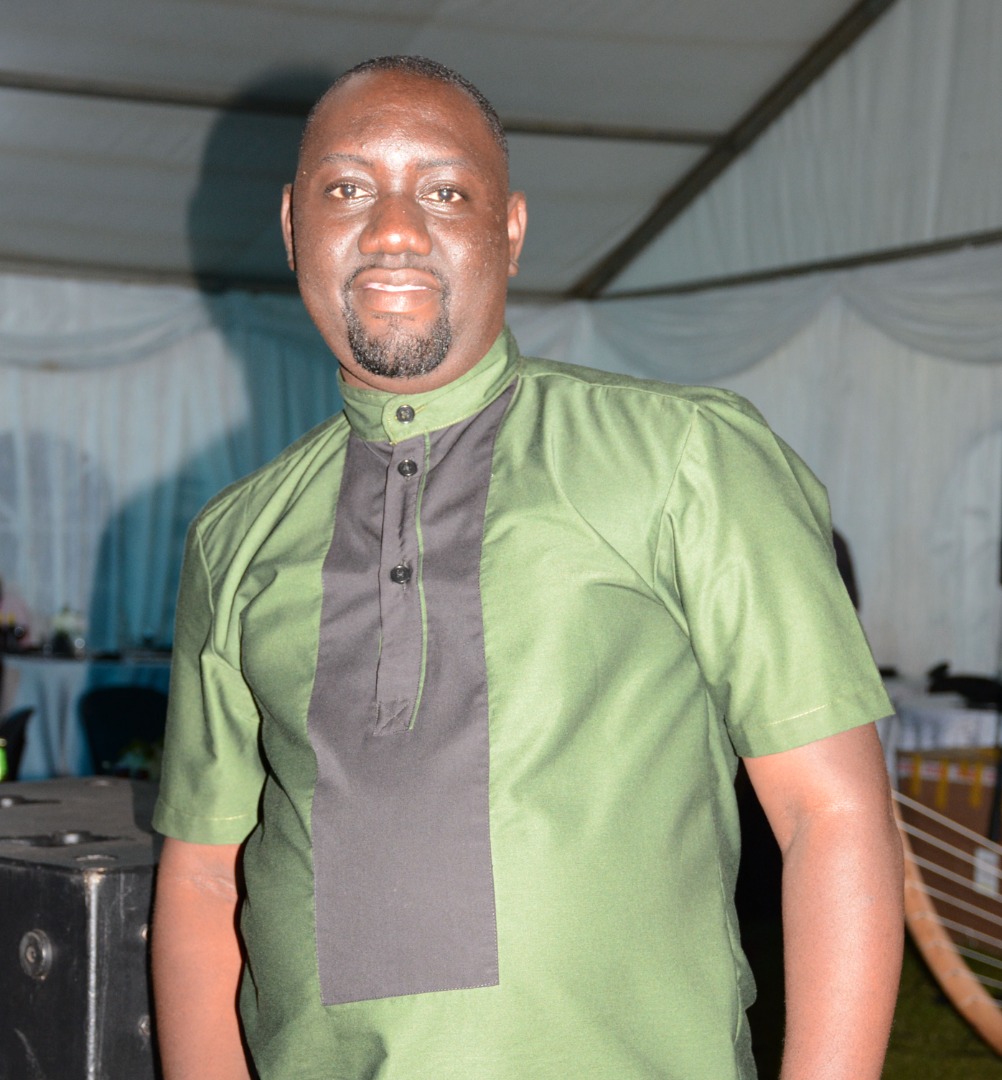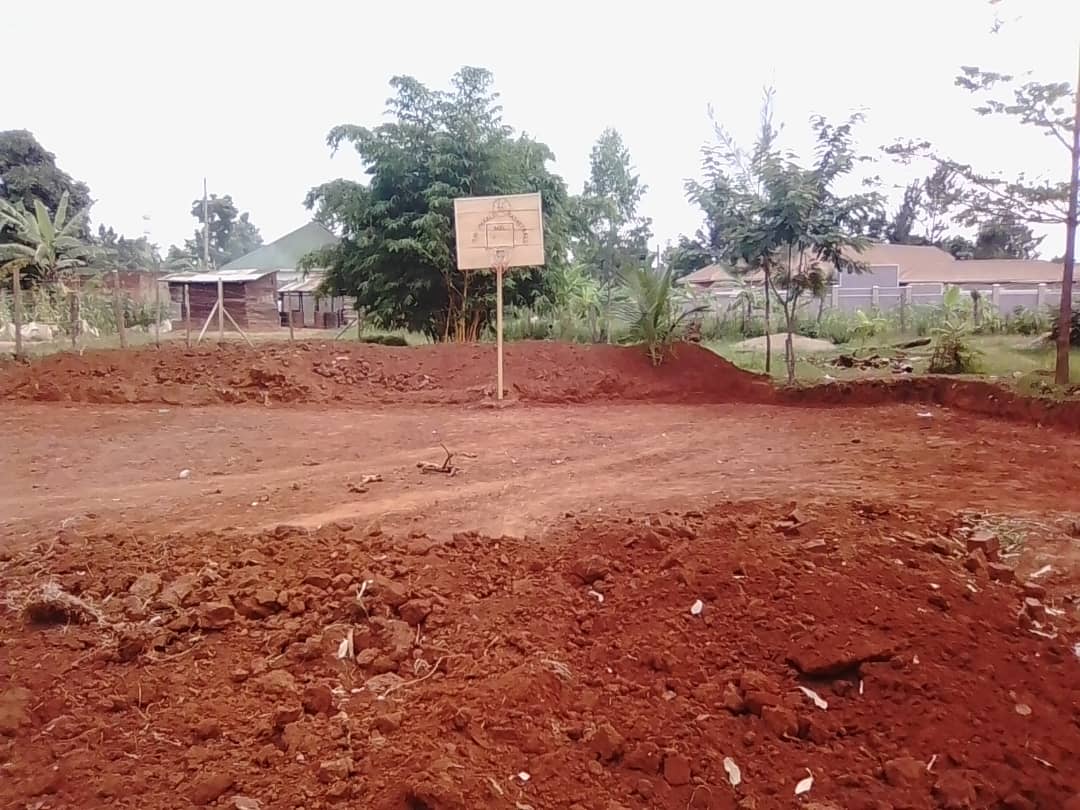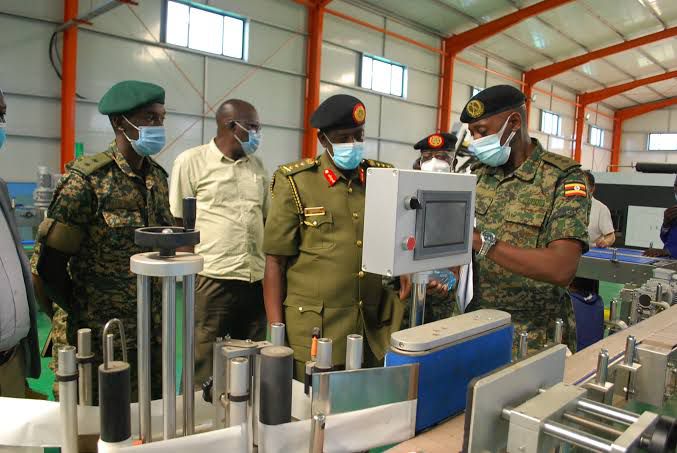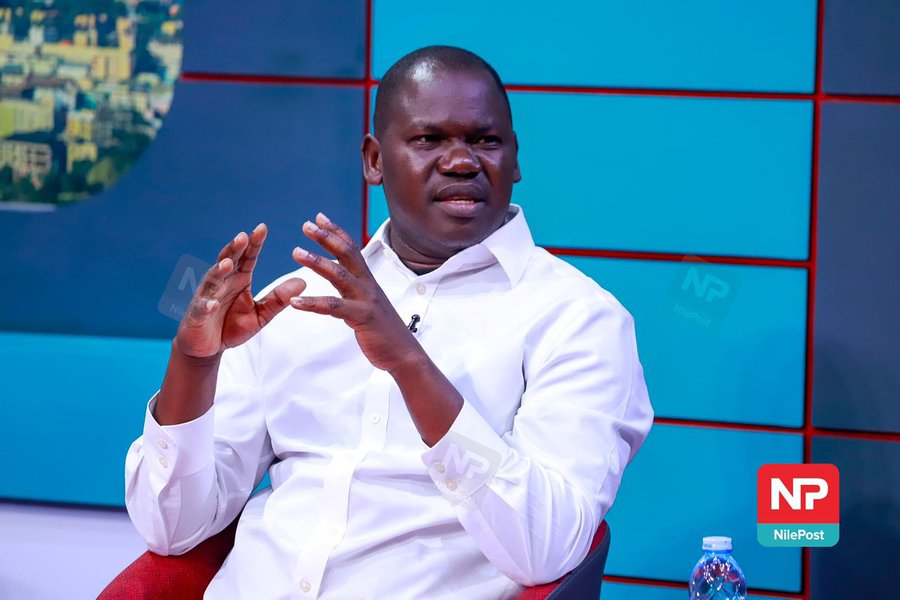East African court to hear cases in Uganda
The East African Court of Justice will next month sit in Uganda to hear new cases, appeals and deliver ruling on a number of cases filed before it.
This is part of the court’s efforts to move away from its headquarters in Arusha Tanzania to move to various East African Community member states to sit and adjudicate matters.
Keep Reading
“Last year we were in Burundi and decided this year the court will sit in Burundi. The court belongs to the people of East Africa and the court must be brought near the people,” Justice Nestor Kayobera, the president of the East African Court of Justice.
He was speaking during a training session for journalists on the operations of the East African Court of Justice held at Mestil Hotel in Kampala on Tuesday.
Justice Kayobera said a number of cases filed before the court and appeals will be heard as well as rulings given by the court sitting in Kampala between November 2 and December 2.
“We will be sitting in the Commercial Court of Uganda for one month. The court session will be for matters coming from al partner states and not only Uganda. Journalists will also be allowed in to ensure they relay what the court is doing to members of the public.”
He noted that matters in regards human rights, implementing the community agenda, cross border issues and integration will be among those adjudicated upon by the court.
Commenting about the training, Justice Kayobera said the move is aimed at equipping members of the fourth estate with knowledge about the working of the regional court to enable them disseminate the information to members of the public to foster integration.
The president of the East Africa Law Society, Bernard Oundo underscored the role of equipping journalists with knowledge about the regional court.
“Members of the public can never ably get information about the court unless the media is strengthened. Through the training, the media and society at large ought to be awakened about the need for integration and the role each of them plays to ensure integration,”Oundo said.
According to the Deputy Registrar of the East African Court of Justice, Christine Mutimura, the regional court that was inaugurated in November 2001 and heard its first case in 2005 has the first instance division and the appellant division.
“In a year, this court handles averagely 40 cases and filing is free of charge. Judges to the court are nominated by their partner states and appointed by the summit of the heads of state of the East African Community,”Mutimura said.
She noted that whereas last year 100 cases were filed, this number has already been surpassed, attributing this state of affairs of the vote of confidence that East African citizens now have in the court, noting that this confidence keeps growing.
“Our biggest achievement is that jurisprudence has grown over the years. The court has highlighted areas where partner states have failed to comply with the East African Community treaty obligations but the court also continues to promote regional integration through groundbreaking decisions.”
The Deputy Registrar of the East African Court of Justice said a limited budget is a challenge to the court since its operations depend on contributions of partner states which usually come in late but are also not enough.



